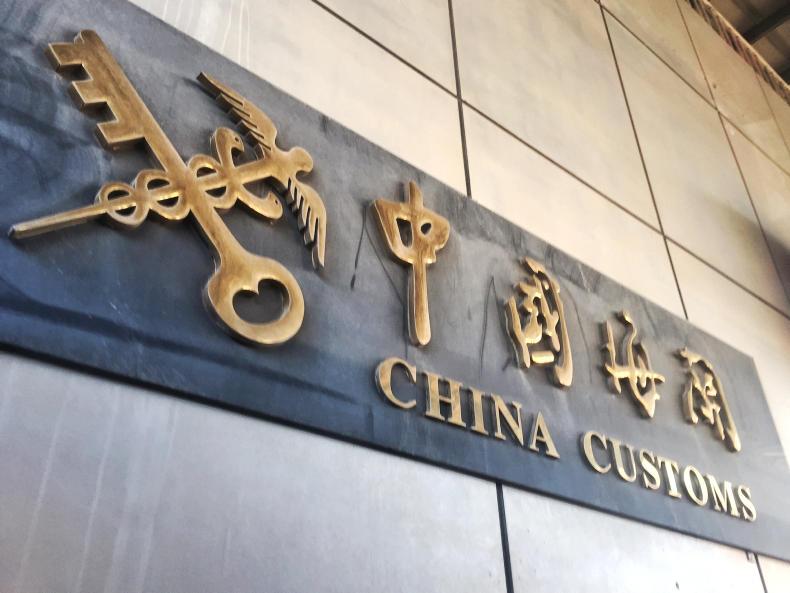Tensions between Washington and Beijing escalated significantly this week, as US President Donald Trump slapped 10% tariffs on a further $200bn-worth of imports from China on Tuesday night. The list of products being targeted by the US is long and varied, but does include a number of agricultural and food products, such as frozen pork, fish, butter, vegetables and even cattle semen.
The new list of tariffs follows on from last week’s decision by the Trump administration to target an initial $34bn-worth of imports from China with tariffs which were mainly targeted at components used in manufacturing.
This week’s tariffs are aimed at multinational companies that rely on importing raw materials and parts from China, including food ingredients and car parts. With China importing far less from the US than it exports in the opposite direction, the list of products that China can hit with tariffs in retaliation is much narrower.
With agricultural products making up a significant share of US goods exported to China, Beijing is likely to aggressively target US farm exports in retaliation. The US is a major exporter of soya beans, maize corn, pork and cotton to China.
Hefty tariffs on US farm exports is likely to create displacement in global trade flows. Chinese importers of soya beans have already turned to Brazil as an alternative source of supply in the event of tariffs.
Chinese pork importers may look to Europe, particularly Germany and Spain, should tariffs be raised again on US pork.









SHARING OPTIONS